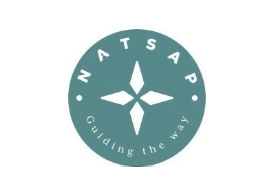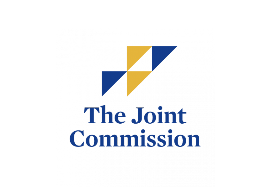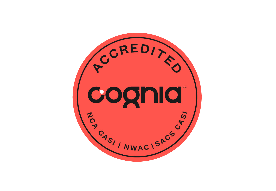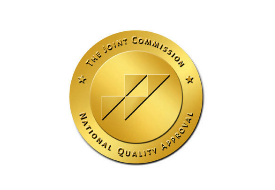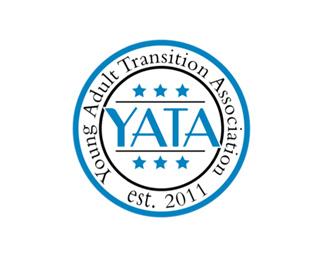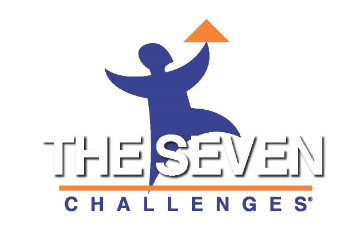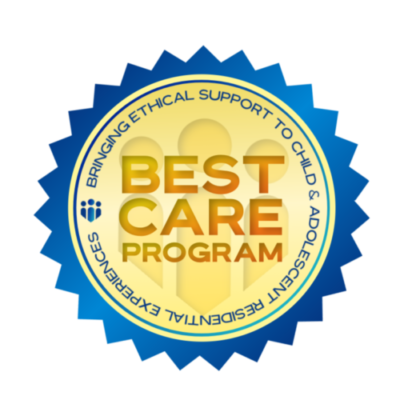Life at Carter House
Carter House is a small program with an individualized length of stay for adolescent boys struggling to commit to sobriety. The typical Carter House student fits the Telos admissions criteria, but is in danger of sabotaging his treatment with an undertreated substance use issue.
Stats
Ages: 14-17
Gender: Male Only
Supervision: High
Support: High
The Carter House Story
Carter Berardi was one of our first Telos students. He came to us in 2004, searching for tools to overcome crippling depression and anxiety. The Telos team immediately fell in love with Carter. His warm smile, compassionate heart, and wicked sense of humor were irresistible.
Carter worked hard and drank deeply from Telos’s life-changing interventions. He invested in the people. He inspired the staff, his family, and other Telos students. He left the program transformed.
As Carter moved into his twenties, life stressors combined, and he began to struggle with substance use. He tried to free himself by calling on the skills he learned at Telos. Despite his best efforts, Carter lost his life to fentanyl poisoning in 2014.
His family, friends, and the team at Telos were devastated. That day the Telos team resolved to work even harder with students struggling with substance use.
Years have passed, and we have watched substance use become increasingly mainstream. More and more of our students come to us mired in the grip of addiction. Despite some valiant efforts to meet the needs of these students, in 2022 we decided to do even more.
Telos hired a team of top professionals on the leading edge of addiction treatment. We invested in industry-leading training. We certified our campuses in the most evidence-based recovery framework. We were ready to do something different.
Carter House, a highly specialized team of 10-12 students, opened on August 28, 2023. The work at Carter House honors Carter Berardi, his family, and all who suffer from addiction and loss. We aspire to be a light that helps others find the deep healing they need.
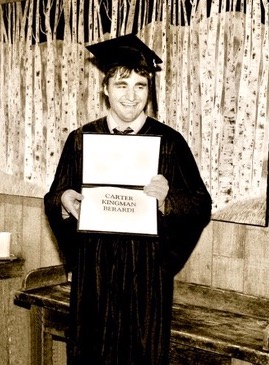
The Five Factors of Carter House
Students enrolled in a generalized residential program are often sabotaged by unresolved substance use issues. They go through the motions of treatment while, behind the scenes, continuing thoughts and behaviors that support addiction. This makes it unlikely the student will succeed.
Carter House students are able to work on the foundational problems related to substance use before they move on to another Telos campus. Younger students can mainstream into Telos Academy. Older students can join the other young adults at Telos U. With 1) a commitment to sobriety, and 2) some basic recovery skills, Carter House students are much more likely to succeed in other Telos settings.
Student who mainstream into other Telos settings benefit from Carter House staff that continue to offer support and guidance. Alumni who regress mid-treatment can always return for a Carter House “tune-up.”
The Seven Challenges is the top evidence-based recovery model for adolescents.
From the Seven Challenges program philosophy: Traditional approaches to working with adolescents with drug problems have produced high drop out rates and disappointing outcomes. The mad rush to get youth to immediately say “I will quit” often leads to either increased defiance or increased dishonesty, with young people telling adults what they “want to hear.” It also leads to failure among certain youth who follow adult directives to quit, but soon relapse because they have not laid a solid foundation for success.
Most young people do not seek drug treatment of their own free will. Most are dragged to counseling by their collars. By any definition, they are in the early stages of change. The Seven Challenges program starts where youth “are at” (usually resistant and reluctant to change), not where adults wish they might be or where young people often pretend to be — ready, willing, and prepared to succeed with immediate abstinence.
Although the program strategy includes capturing any sincere impulse to quit, counselors avert power struggles and insincere commitments to change by striving for honesty and engagement instead of charging ahead with the “mad rush for abstinence.” We avoid the pitfall of teaching people to be drug free before they have honestly decided to be drug free.
We also resist the temptation to follow the common practice of locking horns; trying to convince young people that they have problems, and backing them into defensive positions. Instead of fear and coercion, we harness the enormous power of education, finesse and respectful confrontation. We take the slow but steady approach.
Carter House (and all other Telos programs) are certified in the Seven Challenges model. Representatives from the Seven Challenges train our team and conduct regular site reviews to assure program effectiveness and fidelity.
A drug problem is more than the use of substances. Drug use comes with it’s own culture, jargon, heroes, mythology, and social network. It is not surprising adolescents in search of identity and acceptance find so much comfort there.
Recovery can’t happen in a drug-glorifying, substance-saturated culture. Students need a “village” of like-minded peers who are all working together–all holding each other accountable. Carter House is small and individualized enough for program leaders to powerfully shape the culture among students. Once a recovery culture is established, students begin healing each other.
Carter House leaders make an effort to recruit and hire staff who have successfully overcome their own substance use disorders. These staff have lived through what the students are now experiencing. They have relational credibility that doesn’t come any other way.

